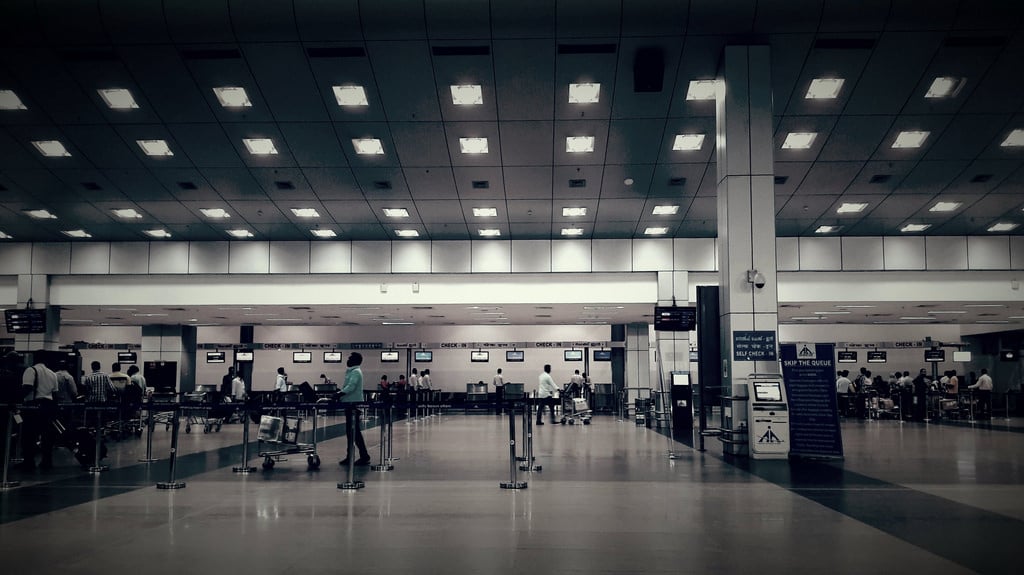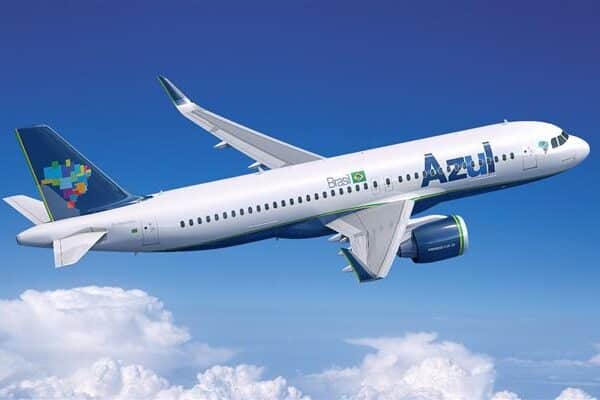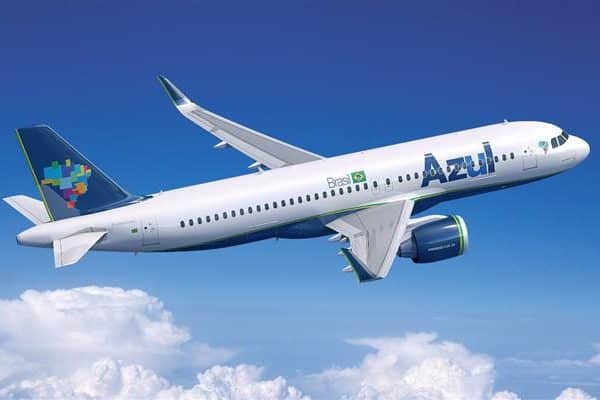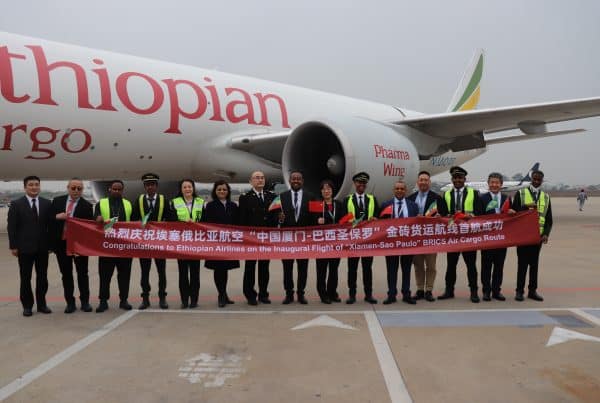Airport Privatization is a not a short solution to the recent aviation industry crises in that must be followed by the government of the country if the consumer benefits are considered. Infrastructure development is lagging behind air travel demand. Cash-strapped, slow moving governments are hard pushed solution to the situation.
Asking the private sector to develop airport capacity is not the only answer for the customers.
Privatization in aviation industry:
Privatization has worked always well when we talk about airline industry. But due to the privatization of thus sector competition intensified. Since 2000 air fares have fallen about a third in real terms.
The experience of airport privatization is completely different from what it is expected. However, reports have found that private airport charge more than government operated airport and have had a greater profit margin. Operational efficiency, in contrast, is comparable to government owned gateways which is not what would usually be expected of a privatized entity. The underlying cause is lack of competition in the airport business to the date has come at a cost that is generated by consumers and by airlines.
The government idea of sale of an asset for small term financial gain come at a expense of long term benefits. Not only that but airport privatization go hand in hand with a lack of transparency and insufficient consultation with the industry. This compounded by regulatory safeguard and provider biased contractual terms that have not worked as intended.
Hemant Mistry, IATA’S Director global airport development and fuel said “we are not against privatization, but we are cautious, government should explore all the available options, and if the privatization is only choice left behind then we need to work together to ensure that it follows the best practices, majorly on governance and regulatory oversight.
Let’s discuss what the Successful airport privatization should be like:
- It should deliver social and economic benefits for the wider economy.
- It should provide effective and efficient capacity and service levels for passengers and cargo to allow sustainable growth.
- Deliver cost effective and fit for purpose investment.
- Provide a passenger experience to suit the market needs.
5 out of top 6 airport are public airports:
- Singapore Changi Airport
- Incheon International Airport
- Tokyo Haneda International Airport
- Hong Kong International Airport
- Hamad International Airport
- Munich Airport
What the consumer interest:
Airline business is interdependent aviation system it main objective is to work tirelessly in order to get their passengers to their destination without delay. But the good services, affordable fares and infrastructure is hugely affected after the aviation crisis, for aviation to continue delivering economy and social benefits to the passengers they must have confidence in the system and the freedom to fly where and when they choose. Other than this cost and operationally efficient airports are an essential part of the equation.
Alternative models:
Hemnat mistry proposed the booklet, Airport ownership and regulation which provide the facts that will help government to make the right decisions.
The reality is government is not considering the alternatives of privatization of airports.
Alexandre de Juniac, IATA’S Director general and CEO stated that “A broad range of ownership operating models exist that can meet a government’s strategic objectives without a transfer of control or ownership to the private sector” “Globally many of the most successful airports are operated as corporatized entities of government. Government need to evaluate the pros and cons of different models consideringinterest of stakeholders, including airlines and customers. The most important thing is that airport meet the needs of customers and airport infrastructure users at a very fair price.
Airport privatization program include various factors like building infrastructure quickly, improving the airport’s financial sustainability, helping government financial sustainability, helping government financing and enhancing airport management system. Accordingly, there are multiple types of airport ownership and operational models to address these needs. There is no one size fits all solution.
Corporatization in which control of airport is transferred to a dedicated corporation or airport authority owned by government work well. The separation of regulatory function and operational responsibilities for the airport and the formation of an independent corporate board underpins operational efficiency and a consumer centric approach.
Singapore Changi Airport is world best airport it was corporatized in year 2009 and voted as skytrax best airport sixth time in a row in 2018. The Changi Airport group is successfully expanding the airport is able to borrow independently from government, and leverages opts specialist airport management expertise internationally through a range of service, management and concession contract.
Indeed, services and management contracts are other alternative to privatization, allowing a government to access specialist help and reduce costs. These arrangements range in complexities from expertise in a particular aspect of airport work to full operational responsibilities siemens postal, parcel and airport logistics provides operation and maintenance services for baggage and material handling systems at Dubai International airport is a performance-based contract with key performance indicators to incentivize efficiency.
“Our focus on customer service and operational excellence played a crucial role in choosing a professional long term service partner for our baggage and material handling system said Chris Garton, Executive Vice president with siemens will continue to make a major contribution to our strategic goals.
Fraport, meanwhile had a contract with King Khaled airport and King Abdulaziz international airport in Jeddah from 2018 from 2008 to 2014. During this time traffic and cargo throughout grew substantially Fraport also delivered a range of consultancy and training services. It provided more than 17,100 Man days of consulting to local managers and a total of about 27,500-man days of training.
At the end of the contract in 2014 Dr. Matthias Zieschang, Fraport AG’ executive board member for finance said “Our known how has been instrumental in guiding the Saudi while simultaneously enabling the existing facilities to handle growing traffic and customer service demands.
Other option for privatization is considering alternative financial model and selling monitor stakes. The key in all case is clear and transparent government objectives that guide the design if the ownership model. Each model has its pros and cons, but a robust evidence set should support the preferred option.
Equally important is the understanding that models are only sustainable if they are flexible and able to address the dynamic of an air travel market that is always subject to disruption and change.
Best Practice to adopt:
If the government still think that there is a need of privatization via asset to introducing a long tern concession contract for operation of the airport, then the best practice must be followed.
- Focus on long term social economic benefits
- Clear bid evaluation guidelines
- Concession Contract guideline
- A need for stake holder constitution and regulatory safeguard
It is recommended that government take advice on the key terms of a concession contract required to safeguard public value ensure continuity of service and appropriate investment in the airport.
Hemanth mistry stated that one of the thing government must not do is simple accept the highest bidder as happened in Brazil, they have to take a broader view and focus on what is the best for the economy and the consumer in the long run. Airport are a key link in the chain that attract trade and tourism in the country.
Strong Regulations and Guidelines:
Even if the privatization is considered then the airport needs to follow strict rules because the balancing role of strong economic regulation is essential.
The booklet launched by IATA also mention that the development of regulatory framework in parallel with an assessment of the airport market power and the decision about which ownership pursues. The work of a regulation has been an essential pillar in IATA’s work to ensure credible regulatory solution that avoid abuse of market power from both privately owned and public airports.
Balancing for Success:
For privatization to be successful the interest of consumers, airlines, investors and economies must be balanced. A resolution adopted at IATA’s 74th AGM in Sydney called for:
- Government to protect consumer interest
- Expectation for performance
- Periodic monitoring of airport privatization




